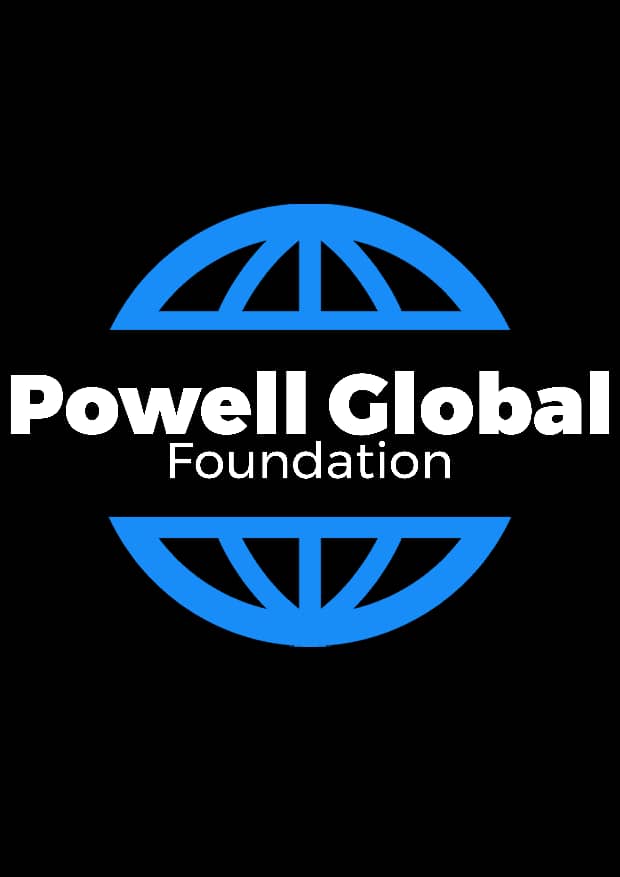Early Childhood Education and Livelihood Development
PGF emphasizes the critical importance of early childhood as the foundation for lifelong learning and development. The organization supports programs that enhance the emotional, social, and physical well-being of children, recognizing that early investments yield long-term benefits for individuals and society. By fostering early development, PGF aims to empower children to become responsible and capable adults who contribute meaningfully to national development.
The PGF recognizes Early Childhood Education and Development (ECED) as a foundational pillar for equitable human development and Ghana’s long-term socio-economic transformation. In alignment with Ghana’s Education Strategic Plan (ESP) 2018–2030 and the Early Childhood Care and Development (ECCD) Policy, PGF supports holistic early childhood interventions that integrate learning, health, nutrition, protection, and family support — especially for children in underserved communities.
In Ghana, significant gaps persist in access to quality early learning, particularly in rural, peri-urban, and low-income urban areas. PGF’s interventions aim to bridge these gaps by ensuring that all children — regardless of their socio-economic background — have access to inclusive, safe, and stimulating learning environments that prepare them for lifelong success.

Key interventions

PGF’s work in Early Childhood Education and Development contributes directly to Ghana’s commitment to SDG 4.2 — ensuring that all girls and boys have access to quality early childhood development, care, and pre-primary education. By combining education, health, nutrition, and livelihood strategies, PGF aims to raise a generation of empowered, emotionally resilient, and academically prepared children who will shape Ghana’s future prosperity.

